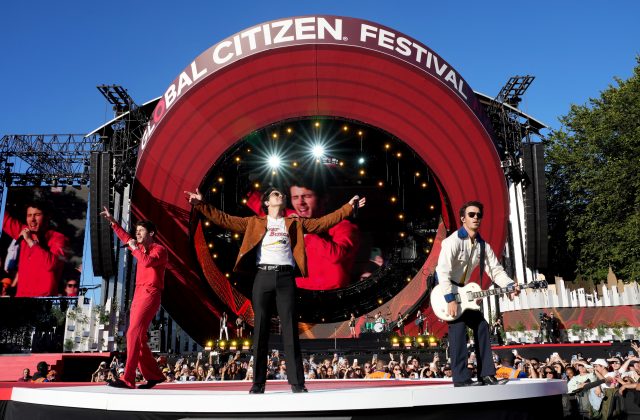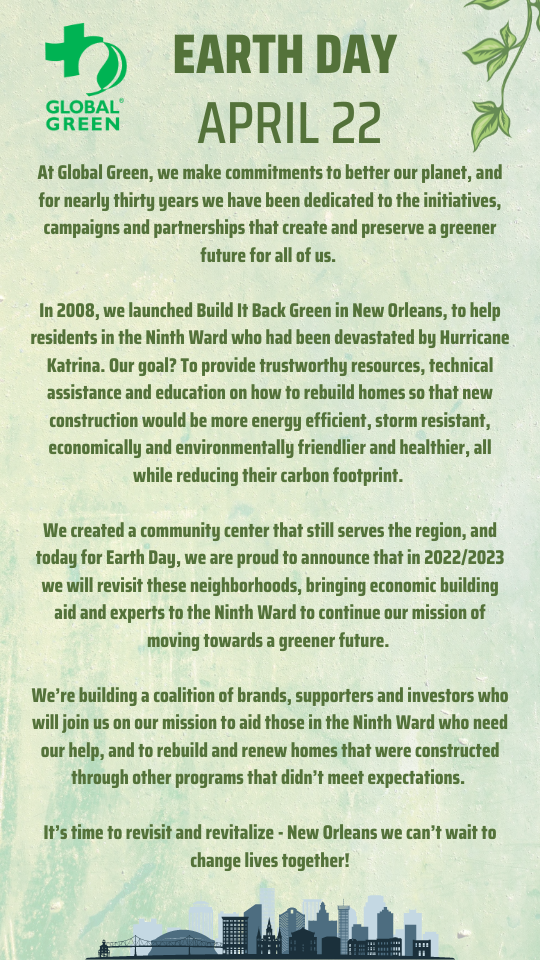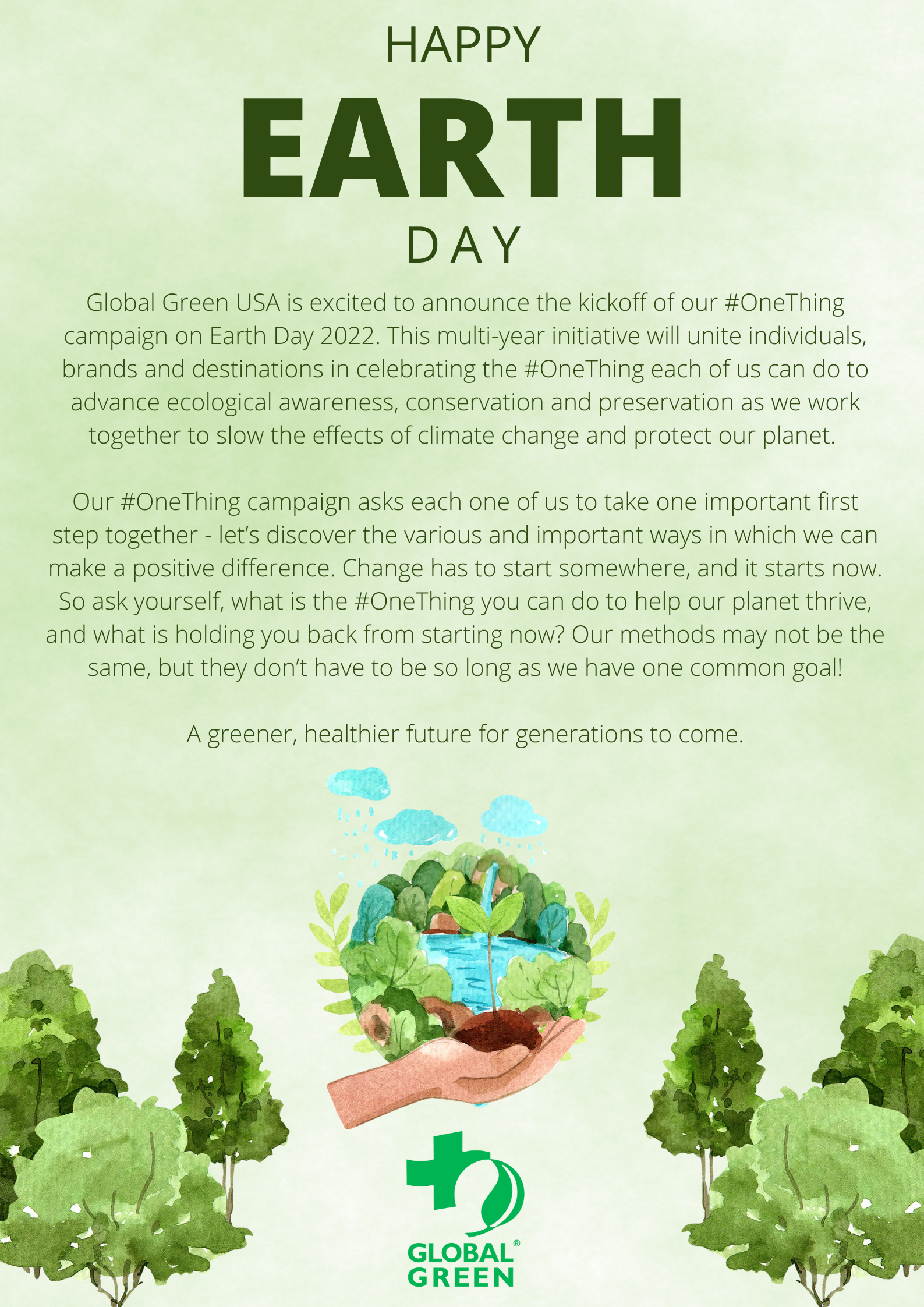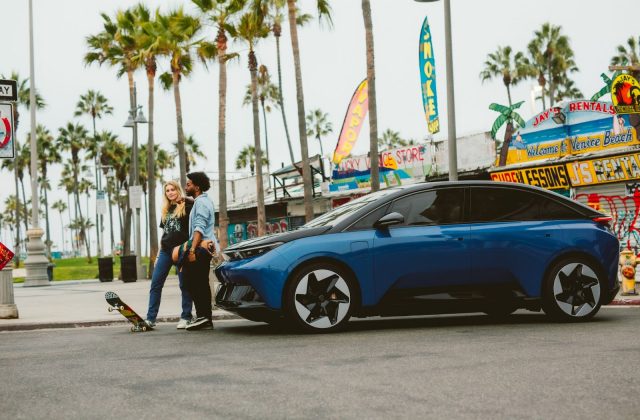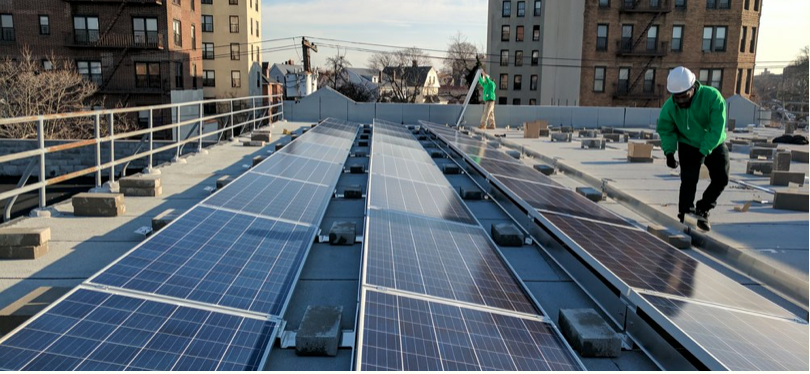
MATT DE LA HOUSSAYE JANUARY 28, 2019
Earth2Green & Green Cross International Deliver Solutions in Smart Energy
Rising global energy demand and over-reliance on fossil fuels are the main drivers of climate change
To meet the needs of nearly 10 billion people by 2050, energy production must double. But to protect the climate, greenhouse gas emissions must be cut by 80%. Maintaining the same path is a recipe for environmental and humanitarian disaster. Our Smart Energy program fosters a secure, equitable and sustainable energy future for the world, using advocacy and practical projects to promote energy conservation and efficiency, and to accelerate the transition from a carbon-based economy to a clean and sustainable energy model, accessible to all.
Some of our recent & future Smart Energy projects worldwide
In both the US and Burkina Faso, Earth2Green and GCI are implementing education and demonstration projects to encourage the use of compost. Green Cross Burkina Faso is implementing projects to prevent desertification and improve crop resiliency for small farmers in Burkina Faso. Compost is placed one meter deep, which increases the water holding capacity of the soil. To date, over 1,500 people have been trained with over 750 farms/composting sites operational using this method. On an international basis this topic relates to the UN Commission on Desertification.
Green Cross is also building connections between water, livelihoods and clean energy, notably in Senegal. With support from Italian Ministry of Foreign Affairs, Green Cross Italy has installed new photo-voltaic systems and high-efficiency pumps to supply drip-irrigation systems on two cultivation areas.
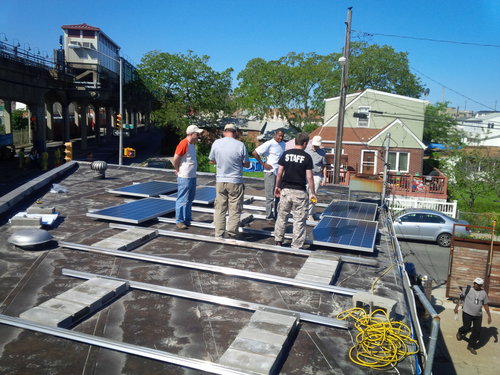
Development of the first solar + battery system at a community center in New York City. This solar system is designed to provide basic needs in the case of grid outage. A similar system is also up and running at Earth2Green’s Climate Action Center in New Orleans.
In Russia, a biogas facility, operating independently of any external supplies of gas, electricity, heat, motor fuel or fertilizer, was developed and partially tested by Green Cross. The work included analytical studies of the applications of bioenergy from agricultural producers in the Russian regions, as well as promoting the integrated use of biomass in agricultural production by processing waste into organic fertilizer, energy, motor fuel, humus soil and feed additives. Green Cross participated in specialized conferences on the problems of using alternative energy in agriculture, housing and communal services, and also prepared messages, presentations, publications and professional journal articles on the subject of alternative energy. Further study will permit the adaptation and optimization of the biogas facility for the specific conditions of various modern agricultural enterprises. We’re currently refining the technology and developing additional tests with target completion in 2019-2020.
Over 2,000 clean cook stoves have been deployed to date as a part of a pilot program by Green Cross Ghana. The cook stoves are paid for with an impact investing loan that is paid back by cook stove recipients using mobile phone payments. We’re actively seeking to pilot additional impact investing models and consortium building for solar energy in West Africa.
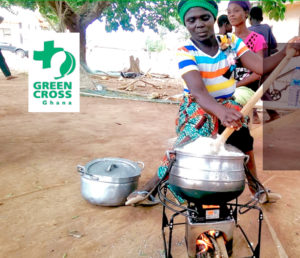
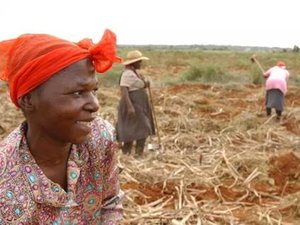
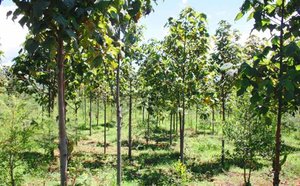
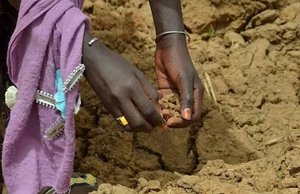
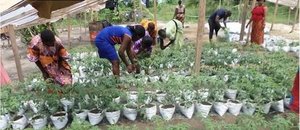
Next Steps: Smart Energy Program
As a next step, we’re going to tie together some of these programs with an international solar report card that includes both energy access and grid resiliency, showing how different countries measure up, along with actions that are needed for improvement.
We’re seeking help from technical experts who are interested in serving as volunteers to contribute to the Solar Report Card, please contact us at sustainability@earth2green.org.
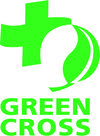
MATT DE LA HOUSSAYEJANUARY 28, 2019

